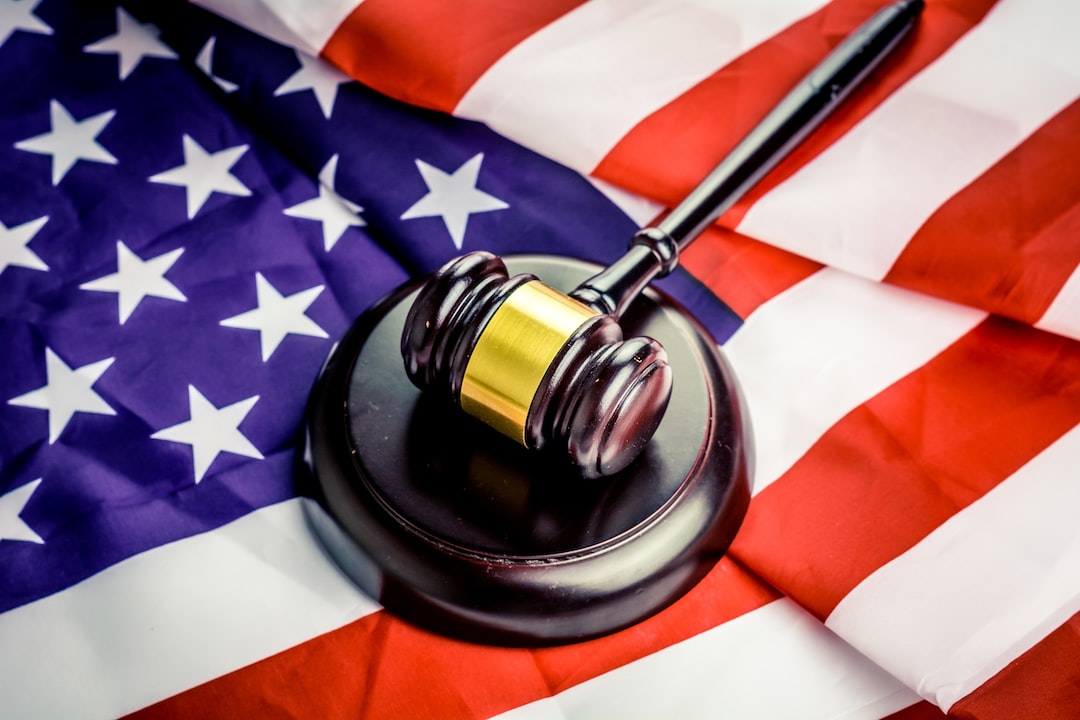A Look at Product Liability Laws
Products are an integral part of our daily lives. From the toothbrush we use every morning to the car we drive to work, products surround us in every aspect. We trust that the products we purchase are safe and reliable, but unfortunately, that is not always the case. Sometimes, these products can cause harm or injury, leading to significant consequences for the consumers. This is where product liability laws come into play.
Product liability refers to the legal responsibility that manufacturers, distributors, suppliers, and retailers have to compensate individuals for injuries caused by their defective or dangerous products. These laws aim to protect the rights of consumers and ensure that they receive compensation for any harm or losses they suffer as a result of using these products.
The emergence of product liability laws can be attributed to the growing concern over consumer safety. In the past, there were limited legal remedies available to consumers who were injured by faulty products. However, as the awareness of product-related injuries increased, so did the need for legal protection. Today, product liability laws are established in most countries to provide a legal framework for manufacturers and consumers alike.
Product liability laws can be categorized into three main types: negligence, strict liability, and breach of warranty.
Negligence is the most commonly used theory in product liability cases. Under this principle, the injured party must prove that the manufacturer or distributor of the product breached their duty of care towards the consumers. This duty of care entails ensuring that the product is safe for the intended use and includes proper testing, design, manufacturing, and warning labels. If negligence is proven, the injured party can be awarded compensation for medical expenses, lost wages, pain, and suffering.
Strict liability laws, on the other hand, do not require the injured party to establish negligence. Instead, the focus shifts to the inherent defects or dangers present in the product. In strict liability cases, the injured party must prove that the product was defective and unreasonably dangerous. This defect can be related to design, manufacturing, or labeling. If the injured party can establish these elements, they are entitled to compensation regardless of whether the manufacturer or distributor can prove negligence.
Lastly, breach of warranty occurs when a product does not meet its express or implied warranty. An express warranty refers to explicit guarantees made by the manufacturer or seller about the product’s fitness for a particular purpose or quality. Implied warranties, on the other hand, are inherent in the sale of any product and include the warranty of merchantability (the product is fit for its intended purpose) and the warranty of fitness for a particular purpose (the product is suitable for a specific purpose). Breach of warranty claims allow consumers to seek compensation for injuries caused by products that do not meet these warranties.
Product liability laws play a crucial role in ensuring consumer safety, as well as holding manufacturers accountable for their actions. They also encourage manufacturers to prioritize product quality and safety to avoid legal implications.
However, product liability laws can be complex and vary from jurisdiction to jurisdiction. The burden of proof is often placed on the injured party, necessitating extensive evidence to establish the claim. Manufacturers, on the other hand, can argue that the product was used improperly or that the consumer did not follow the provided instructions, shifting the blame away from their liability.
Furthermore, product liability cases can involve multiple parties, including manufacturers, distributors, suppliers, and retailers. Determining who is at fault and the extent of their responsibility can be a complicated process, especially in cases involving imported products from various jurisdictions.
To navigate the complexities of product liability laws, it is crucial for consumers to seek legal advice from experienced professionals specializing in this area. These professionals can assist in gathering evidence, assessing the liability of different parties, and negotiating a fair compensation package.
In conclusion, product liability laws are essential to protect consumers from the harm caused by defective or dangerous products. These laws ensure that manufacturers and distributors are held accountable for the safety of their products. While the legal landscape is complex, seeking the guidance of legal professionals can help injured parties secure the compensation they deserve. By holding manufacturers responsible, product liability laws contribute to a safer and more accountable marketplace.

